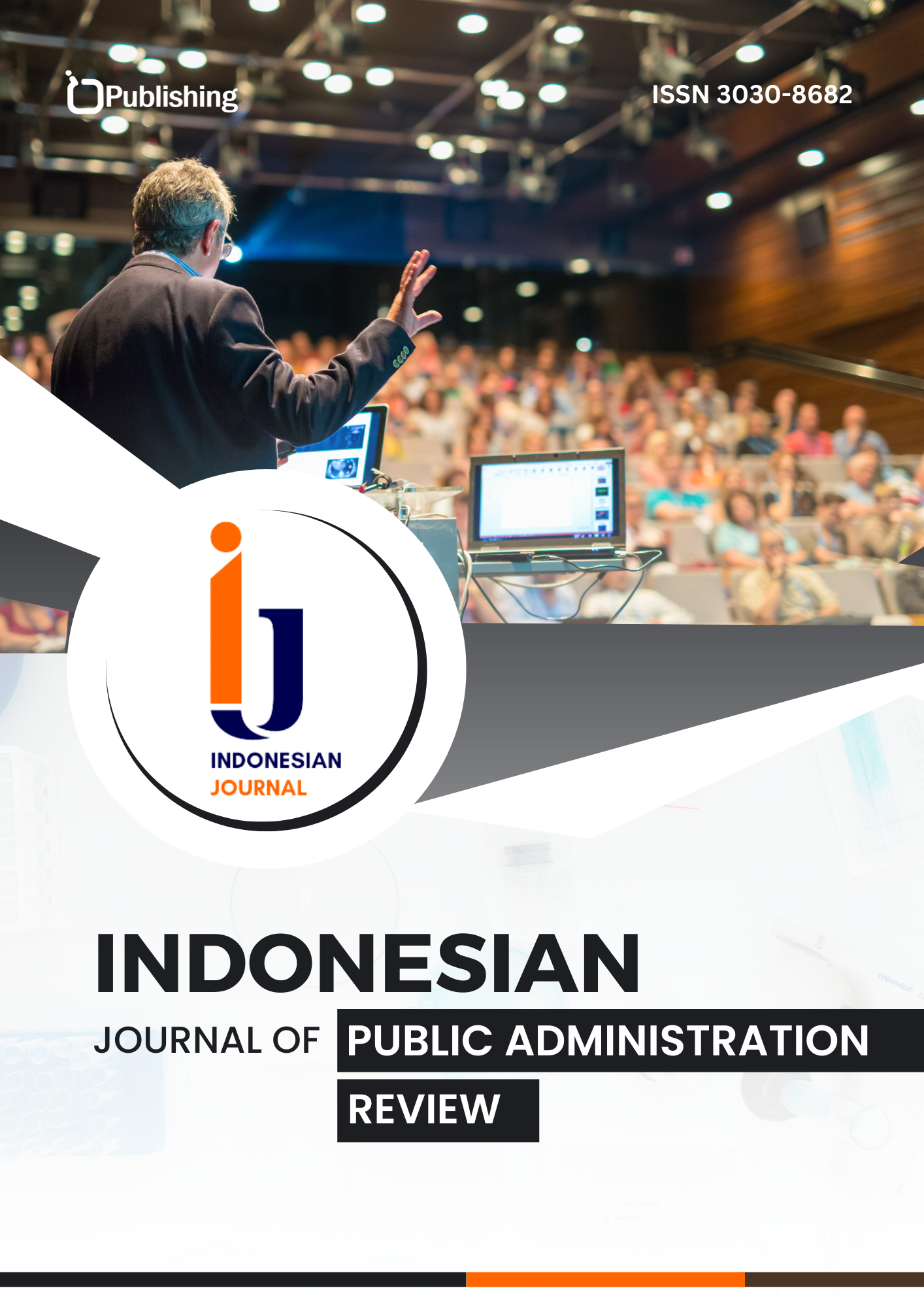Concepts of Human Development As A Dilemma of Postindustrial Society
DOI:
https://doi.org/10.47134/par.v2i3.3864Keywords:
Human Development, Human Capital, Human Resources, Human Development Index, Sustainable Development, Global Innovation Index, Sdg, New Uzbekistan Strategy, СooperationAbstract
In the following article the ideas of human development as a dilemma of postindustrial society are discussed from the viewpoint of recent tendencies in the region It has been argued that the development of human capital in Central Asia relied on important factors such as fair social policy, green development, nation building, use of resource-efficient technologies, consistency of spiritual and educational reforms, close neighborliness and the establishment of strategic cooperation. The article focuses on research based on the factors of human development that shape socio-economic approaches and its importance in social life, the role of cliodynamics and its importance in the development of human capital, in contrast to research in this direction.
References
Anand, S., Sen A. Sustainable Human Development: Concepts and priorities. –New York: UNDP, 1994. –P.234-239.;
Brian, V. C., Musgrove A.T., Powers J.R. Handbook of research in the digital age. –London: Hershey IGI Global, 2017. P. 244-249.;
Demchenko, Т. А. (2004). Human development of Russia in the conditions of the postmodernization and globalization: Socio-demographical measurement. Dis. Doctor of econ sciences. –Мoscow: MSU, 2004. –P.279.
Frankopan, P. (2018). The new Silk Roads. The present and future of the world. –London: Bloomsbury, 2018. –P. 336.;
Fukuda-Parr, S. (2003). Rescuing the human development concept from the HDI reflections on a new agenda.–New Delhi: Oxford University Press, 2003. –P.317-320.;
Global Innovation Index 2023 Innovation in the face of uncertainty. 16th Edition, Soumitra Dutta, Bruno Lanvin, Lorena Rivera León and Sacha Wunsch-Vincent Editors. WIPO. Geneva. P. 250.
Mehrotra, S. (2015). Seizing the Demographic Dividend. –Сambridge.: Cambridge University Press, 2015. –P. 480.;
Mirziyoyev Sh, M. (2021). The strategy of New Uzbekistan. –Тashkent: “O’zbekiston”, 2021. -P. 69.
Peyrouse, S. (2011). Turkmenistan: Strategies of Power, Dilemmas of Development. –NewYork: Routledge Taylor& Francis, 2011. ––P. 264.;
Razumov, A. A. (2002). Working poor of Russia. –Мoscow: VSUJ, 2002. –P.258.;
Razumova, Т. О., Telsehova, I. G. (2000). Education and human development. –Моscow: TEIS, 2000. – P. 141.;
Sachs, J. D. (2015). The Age of Sustainable Development. –New York: Columbia University Press, 2015. –P. 300.
Seilo, H. J. (2017). Equality and human development. A dissertation submitted in partial satisfaction of the requirement for the degree of Doctor of Philosophy in Sociology. University of California. –Berkeley. 2017. P. 280;
Sobirovich, T. B. (2021). The implementation of human indicator reforms in Uzbekistan. Asian Journal of Multidimensional Research, 10(9), 197-202.
Stanton, E. A. (2007). Inequality and human development indicators. Dissertation submitted to University of Massachusetts Amherst in partial fulfillment of the requirements for the degree of Doctor of Philosophy in Economics. –Amherst. 2007. P. 225.
Sustainable Development Goals: Handbook for Municipalities. –New York: UNDP, 2019. –P. 112-115.
Тhe Нuman Development Paradigm. –New Delhi: Охford University Рress, 1995. –P. 132.;
Tilak, J. (2002). Education and poverty // Journal of Human development. –London: 2002. Volume 3. № 3. July. –P.191-205.;
UNESCO. Education for Sustainable Development Goals: Learning Objectives. –Paris: UNESCO Publishing, 2017. –P. 154-156.
Walsh, B. A. & DeFlorio L., M.M. Burnham. (2017). Introduction to human development and family studies. –New York: Routledge, Taylor & Francis, 2017. P.328-330.;
Саградов, А. А. (2016). Индекс человеческого развития: проблемы и перспективы. –Москва: МАКС Пресс, 2016. –С. 96.;
Downloads
Published
How to Cite
Issue
Section
License
Copyright (c) 2025 Shirinov Anvar Qanoatovich

This work is licensed under a Creative Commons Attribution 4.0 International License.










